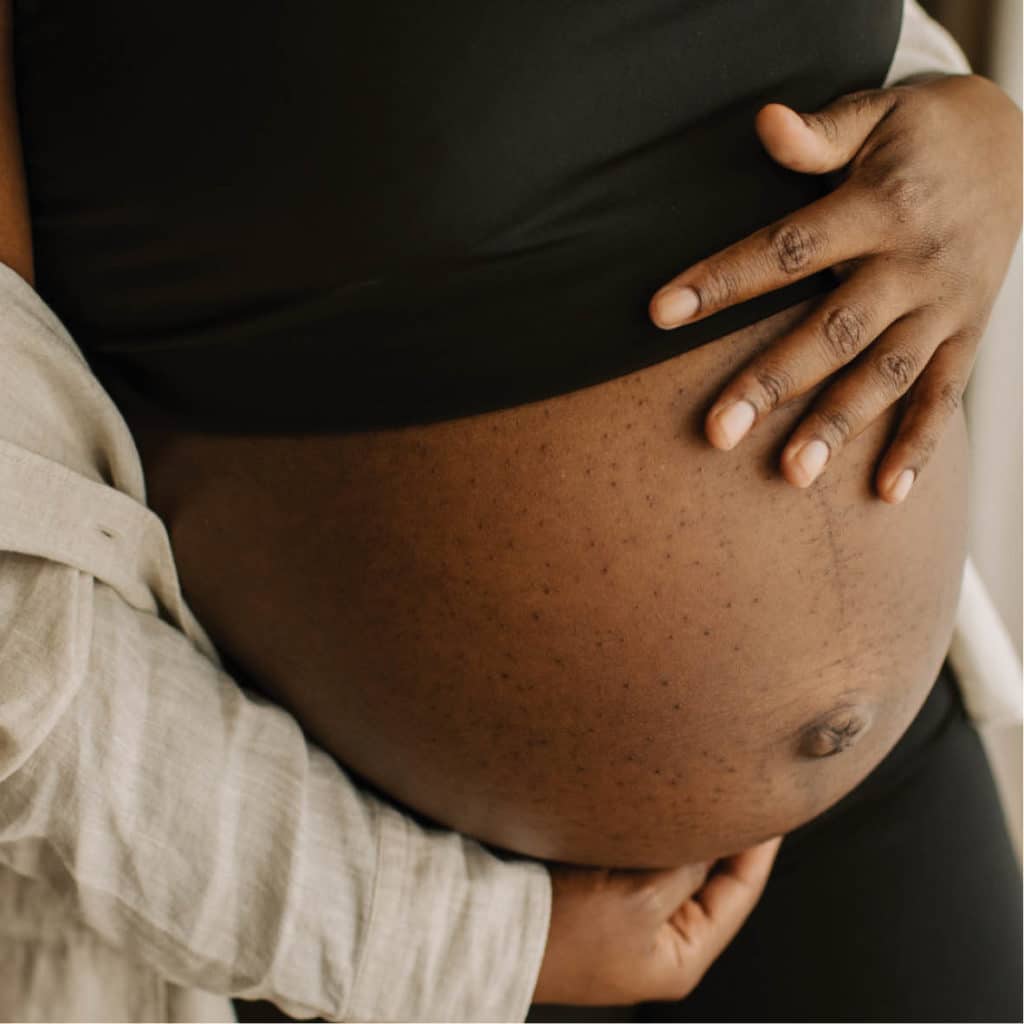There is so much to think about when you’re pregnant. What to buy, what to eat, what not to eat, safe sleep, breast and bottle feeding, what to pack in your hospital bag. The list feels endless.
Something else you’ll need to think about is whooping cough and why and when to get the vaccine.
In this week’s blog, we will talk about what whooping cough is, how infectious it can be, why it poses a particular threat to newborns, and the importance of getting vaccinated during pregnancy.

What is whooping cough?
There is so much to think about when you’re pregnant. What to buy, what to eat, what not to eat, safe sleep, breast and bottle feeding, what to pack in your hospital bag. The list feels endless.
Something else you’ll need to think about is whooping cough and why and when to get the vaccine.
In this week’s blog, we will talk about what whooping cough is, how infectious it can be, why it poses a particular threat to newborns, and the importance of getting vaccinated during pregnancy.
How infectious is whooping cough?
Whooping cough is extremely contagious and spreads through respiratory droplets when an infected person coughs or sneezes. The bacteria can survive on surfaces for a short time, making it easy to contract. The contagious nature of whooping cough is a significant concern, especially for pregnant women and those with newborns.
Why is whooping cough dangerous for babies?
For infants, whooping cough can be life-threatening. Babies under six months of age are particularly vulnerable because they have not yet completed the primary vaccination series, leaving them unprotected against this serious illness. The symptoms in babies can be severe, including difficulty breathing, pneumonia, and in some cases, neurological complications.
The importance of vaccination during pregnancy
The good news is that there is an effective way to protect both you and your and baby from the dangers of whooping cough: vaccination. The NHS recommends that pregnant women receive the whooping cough vaccine between 16 and 32 weeks of pregnancy. This allows the mother’s body to produce antibodies against whooping cough, which are then passed on to the baby, offering protection during those critical early months of life.
When’s the best time to get vaccinated?
Ideally, pregnant women should receive the whooping cough vaccine during every pregnancy, regardless of previous vaccinations. The vaccine is safe for both mum and baby and has been shown to be effective in preventing whooping cough in newborns.
The vaccine
There is no whooping cough-only vaccine. You’ll be offered the Boostrix IPV vaccine by your midwife or GP which also protects against polio, diphtheria and tetanus.
You may have some mild side effects following the vaccine such as swelling, redness or tenderness at the site of the injection. This is normal and will go away after a few days.
Other side effects can include a fever, irritation of the injection site, nausea, loss of appetite, tiredness and headaches. Serious side effects are extremely rare but if you are concerned please speak to your GP.
Whooping cough is a preventable illness, and getting vaccinated during pregnancy is a proactive measure to safeguard your little one during their vulnerable early months. Which is one less thing to worry about!
